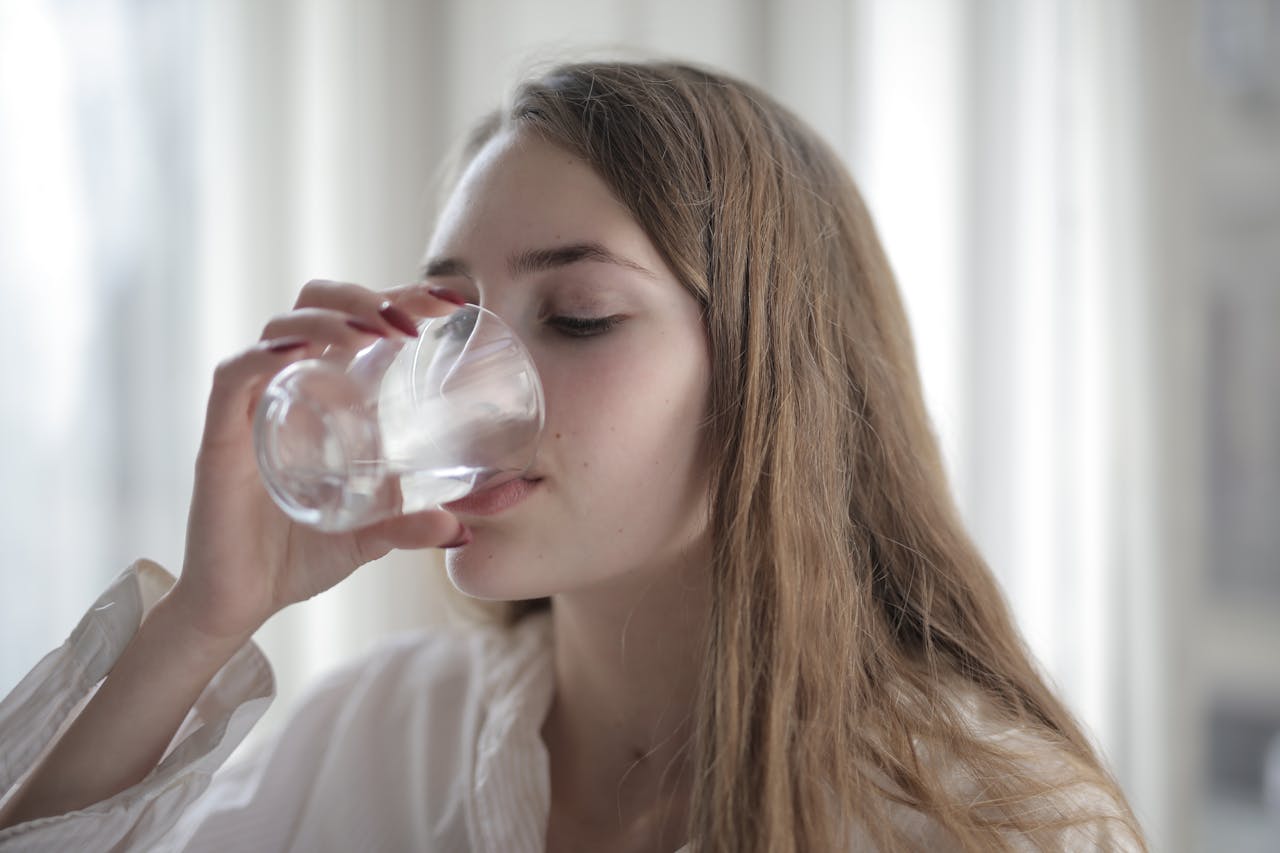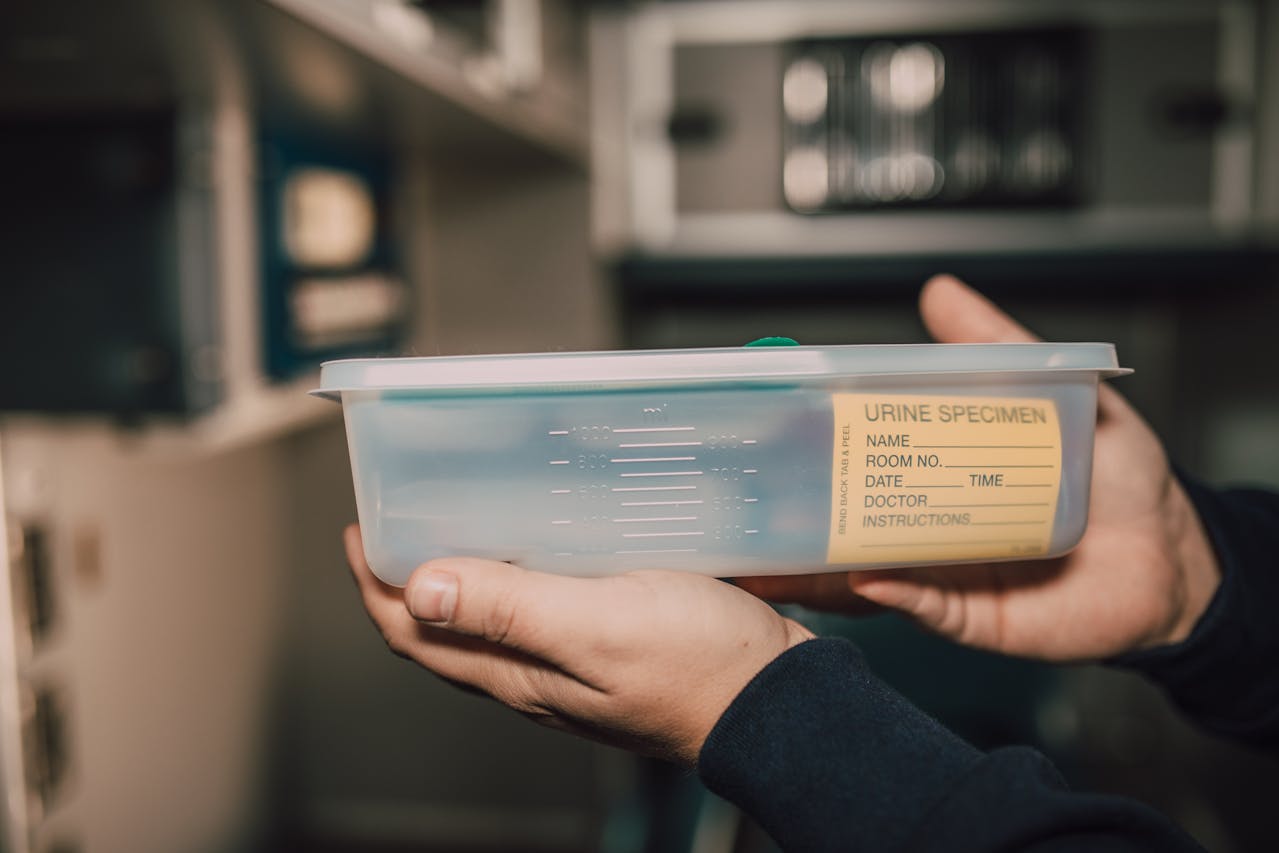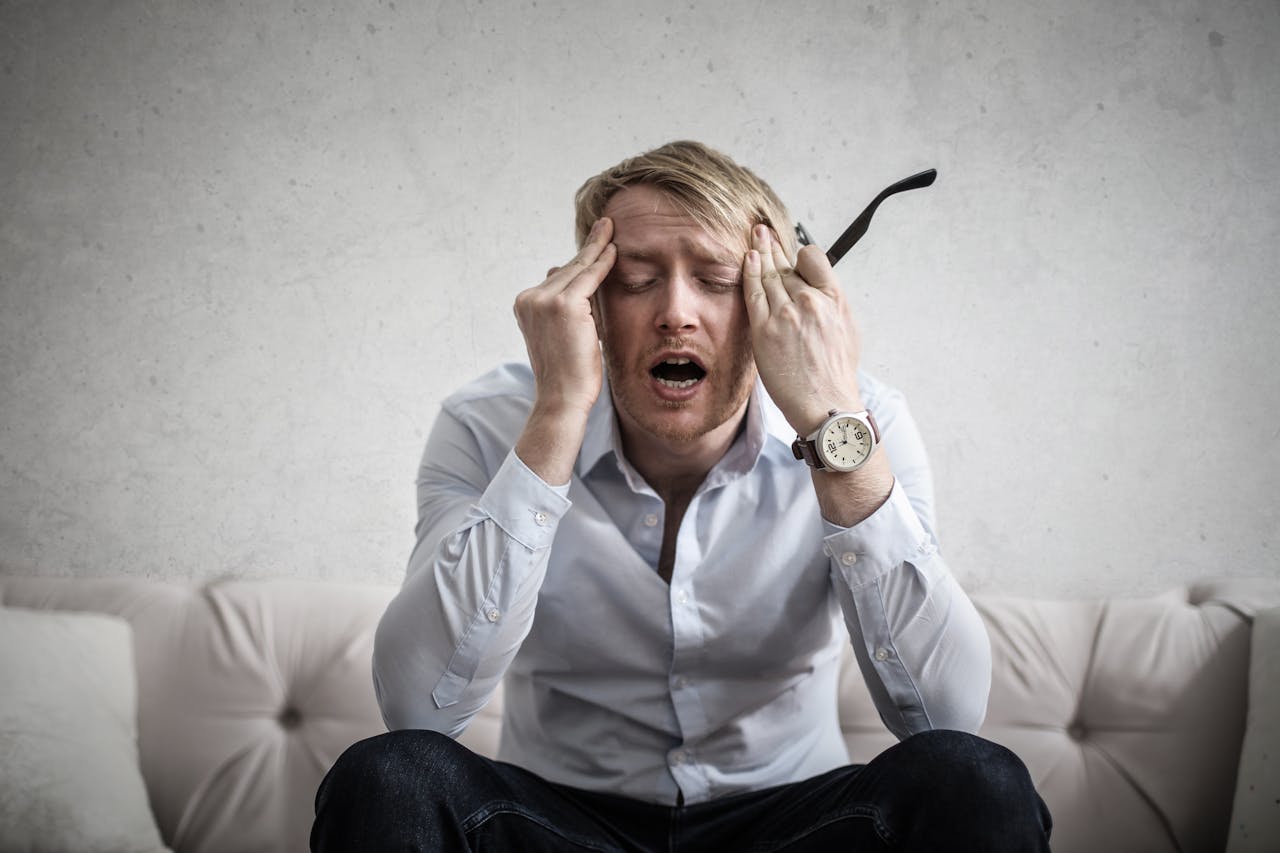Water is essential for life, yet many people don’t drink enough of it every day. From regulating body temperature to supporting cell function, water is vital for nearly every process in the body. Unfortunately, dehydration is common and can have a significant impact on your health. If you find yourself feeling sluggish, experiencing headaches, or noticing dry skin, these could be signs that you’re not drinking enough water. Here are eight signs you might be dehydrated and tips on how to fix it.
1. You Feel Constantly Thirsty
Feeling thirsty throughout the day is one of the most obvious signs that you’re not drinking enough water. Thirst is your body’s way of signaling that it needs hydration, and ignoring it can lead to more serious health issues. If you find yourself reaching for sugary or caffeinated drinks instead of water, you may not be quenching your body’s real need for hydration.
To fix this, make water your go-to drink. Carry a reusable water bottle with you, set reminders to drink, and make sure to hydrate regularly throughout the day. Keeping a water bottle nearby will help you stay on track and avoid dehydration.
2. Your Skin Is Dry and Flaky
Your skin is the body’s largest organ, and it requires plenty of water to stay healthy and hydrated. If you’re dehydrated, your skin can become dry, flaky, and prone to irritation. This is because your body redirects water to more vital functions, leaving your skin without the hydration it needs.
To fix this, increase your water intake and use a good moisturizer to lock in moisture. Drinking water consistently will improve your skin’s appearance and texture over time, helping it stay soft, supple, and glowing. Don’t forget to apply sunscreen as well, as hydrated skin is better protected from sun damage.
3. You’re Frequently Tired or Fatigued
Fatigue is another common sign of dehydration. When you’re not getting enough water, your blood volume decreases, which can lead to lower energy levels and feelings of tiredness. Dehydration can also make it harder for your body to regulate its temperature, leaving you feeling sluggish and drained.
To fix this, try drinking water throughout the day and avoid relying on caffeine to stay awake. Aim to drink a glass of water every hour to keep your energy levels up and your body functioning at its best. If you feel tired during the day, a glass of water may be all it takes to boost your energy and alertness.
4. You Have Trouble Concentrating
Dehydration can affect your brain’s ability to focus, leading to difficulty concentrating and mental fatigue. When you’re dehydrated, the brain doesn’t get enough water to function optimally, which can impair cognitive performance. If you find yourself struggling to stay focused at work or school, it could be a sign that you need more water.
To fix this, try drinking water before starting tasks that require concentration, and keep a water bottle nearby to stay hydrated throughout the day. You’ll find that your mental clarity improves as your hydration levels rise. Hydrated brains perform better, so staying hydrated is key for optimal brain function.
5. Your Urine Is Dark Yellow or Has a Strong Odor
The color and smell of your urine are great indicators of your hydration levels. When you’re well-hydrated, your urine should be light yellow or clear. Dark yellow urine or urine with a strong odor are signs of dehydration, as your body is trying to conserve water.
To fix this, drink more water throughout the day. Aim to drink enough water to keep your urine a pale yellow color, which indicates proper hydration. You can also monitor the frequency of urination; if you’re not going to the bathroom often, it’s another sign you may need more water. Drinking water regularly will help keep your urine clear and odor-free.
6. You Get Frequent Headaches
Dehydration can cause headaches or migraines, as your brain temporarily shrinks from fluid loss, leading to pain. If you’re frequently experiencing headaches, it could be a sign that you’re not drinking enough water. Headaches caused by dehydration can be intense and may worsen if left untreated.
To fix this, stay ahead of dehydration by drinking water regularly. If you already have a headache, drinking water can help alleviate the pain, so try to drink a glass of water as soon as you feel a headache coming on. Drinking water consistently throughout the day can help prevent dehydration-related headaches from occurring in the first place.
7. You’re Constipated
Water plays a crucial role in digestion and helps to keep things moving in your digestive system. If you’re not drinking enough water, your body may struggle to pass stool, leading to constipation. Dehydration causes the colon to absorb more water from waste, making it harder for stool to pass through.
To fix this, drink plenty of water to keep your digestive system functioning smoothly. You can also eat water-rich foods like fruits and vegetables, which can help prevent constipation and keep your bowels regular. Staying hydrated is essential for maintaining a healthy digestive system and preventing uncomfortable constipation.
8. Your Mouth Feels Dry or Sticky
A dry or sticky mouth is a clear sign that your body is lacking sufficient hydration. Saliva production decreases when you’re dehydrated, leading to a dry mouth, bad breath, and difficulty swallowing. If you notice your mouth feeling dry even after eating or drinking, it’s time to drink more water.
To fix this, try sipping water regularly throughout the day, especially if you’re in a hot environment or engaging in physical activity. Keeping your mouth moist will not only improve your comfort but also help maintain oral health by preventing cavities, bad breath, and other oral issues caused by dehydration.
Final Thoughts
Staying hydrated is crucial for your overall health and well-being. If you’re experiencing any of the signs of dehydration listed above, it’s time to start drinking more water. By making small changes to your daily routine and increasing your water intake, you can feel more energized, improve your skin, boost your focus, and support your body’s vital functions. Remember, hydration is key to living a healthy, active life, so make sure to drink plenty of water every day. Drink enough water, and your body will thank you with improved health and vitality.









